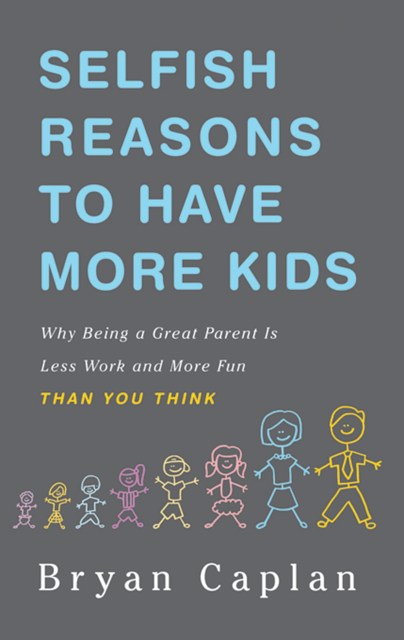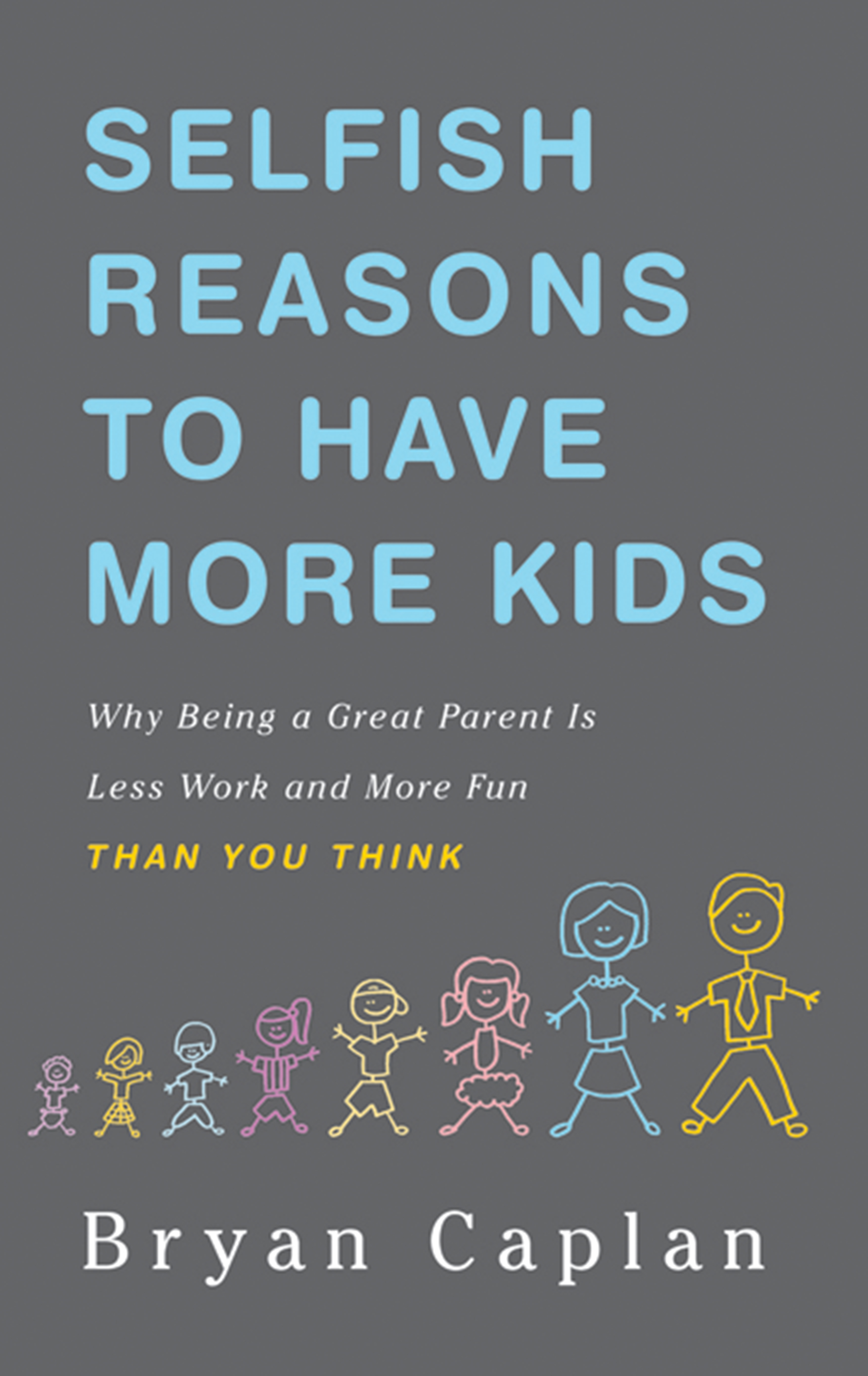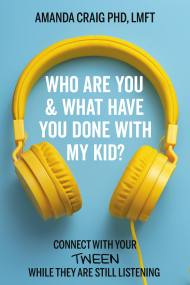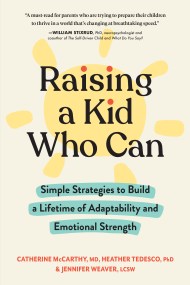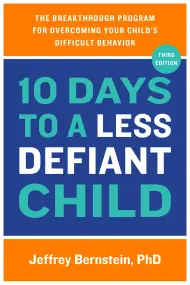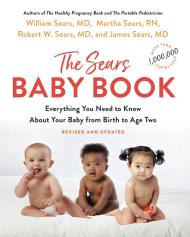Promotion
Use code MOM24 for 20% off site wide + free shipping over $45
Selfish Reasons to Have More Kids
Why Being a Great Parent is Less Work and More Fun Than You Think
Contributors
By Bryan Caplan
Formats and Prices
Price
$12.99Price
$16.99 CADFormat
Format:
- ebook $12.99 $16.99 CAD
- Trade Paperback $18.99 $24.99 CAD
This item is a preorder. Your payment method will be charged immediately, and the product is expected to ship on or around April 12, 2011. This date is subject to change due to shipping delays beyond our control.
Also available from:
Selfish Reasons to Have More Kids is a book of practical big ideas. How can parents be happier? What can they change — and what do they need to just accept? Which of their worries can parents safely forget? Above all, what is the right number of kids for you to have? You’ll never see kids or parenthood the same way again.
Genre:
- On Sale
- Apr 12, 2011
- Page Count
- 240 pages
- Publisher
- Basic Books
- ISBN-13
- 9780465023417
Newsletter Signup
By clicking ‘Sign Up,’ I acknowledge that I have read and agree to Hachette Book Group’s Privacy Policy and Terms of Use
